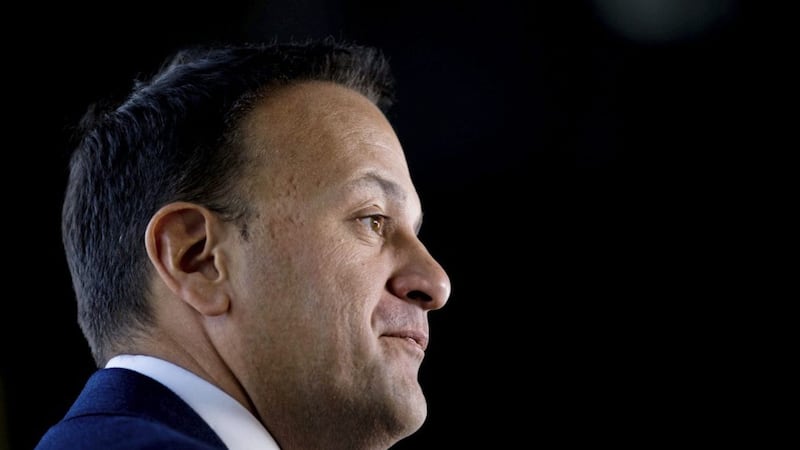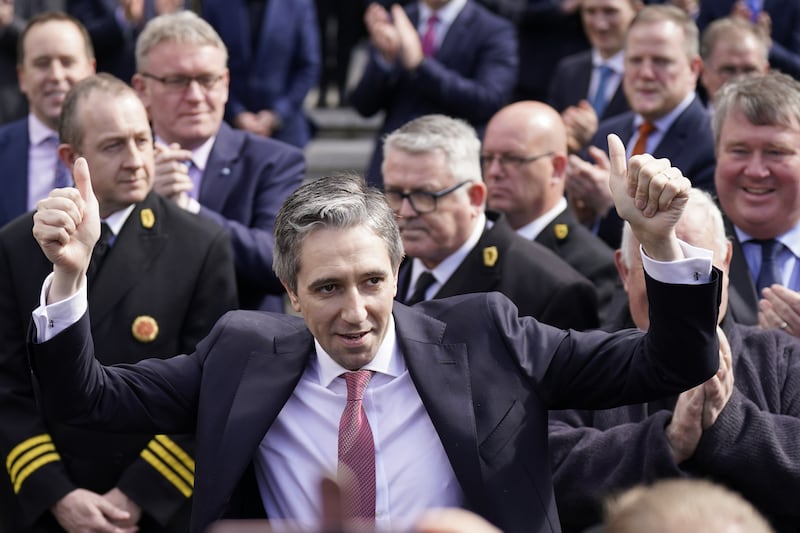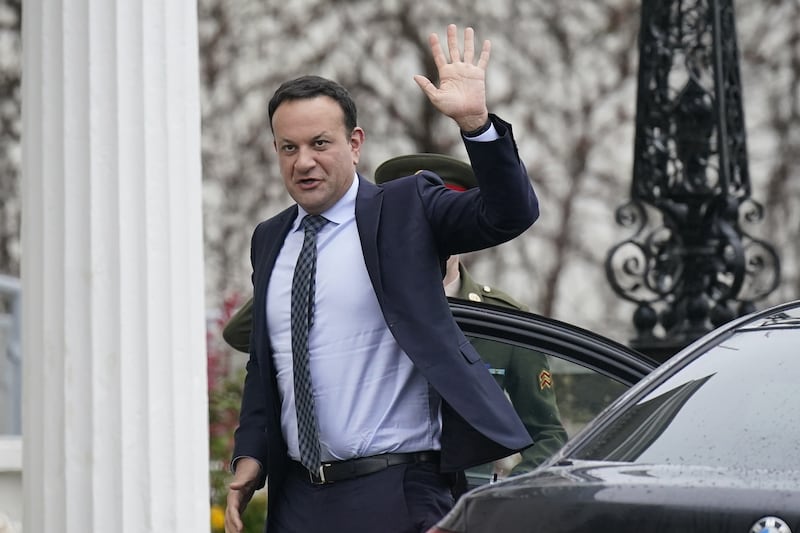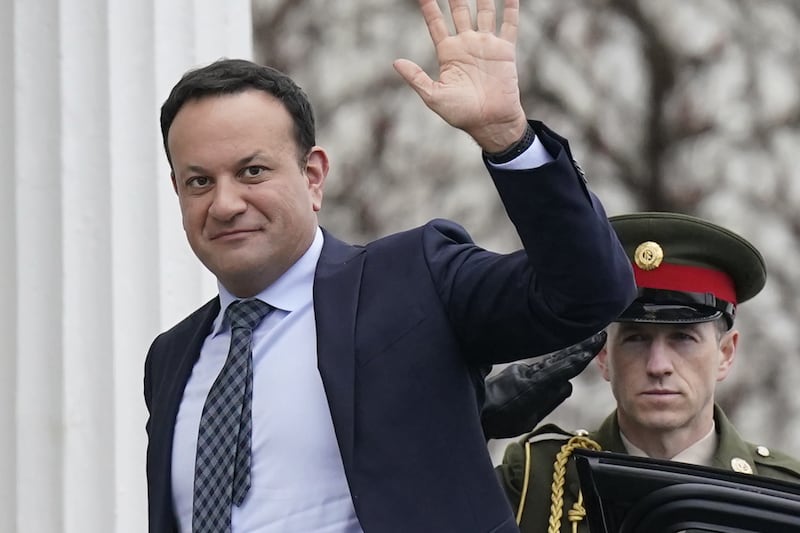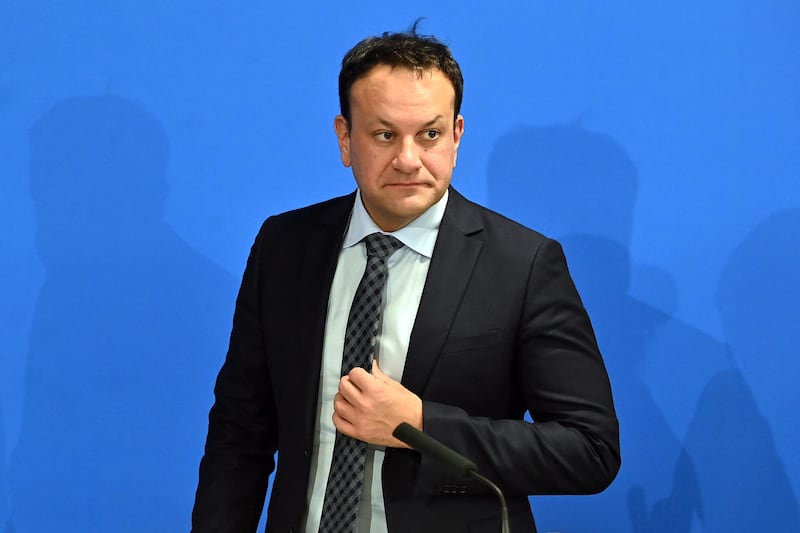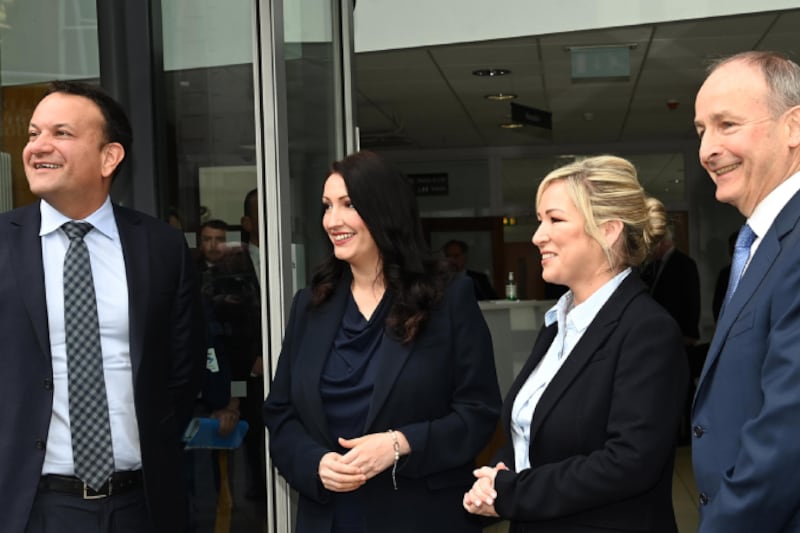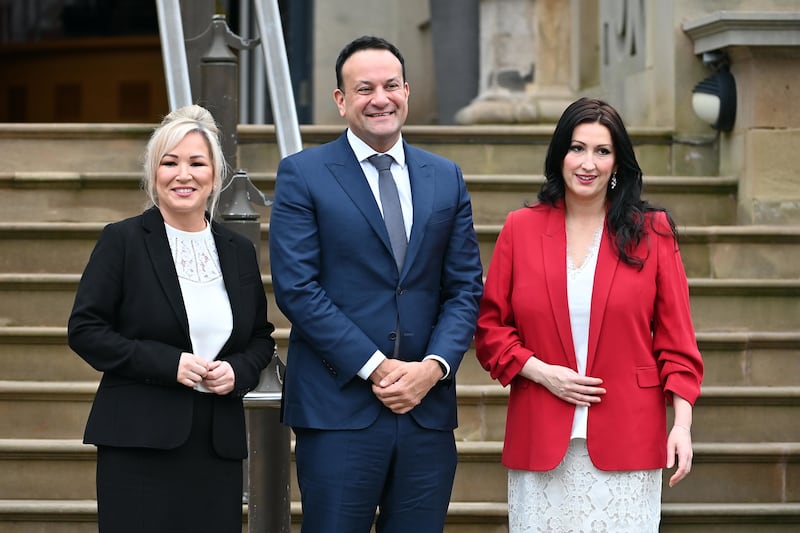As Taoiseach Leo Varadkar celebrates his 40th birthday, Political Correspondent John Manley assesses the Fine Gael leader's impact on Irish politics...
THE CONTRAST between Leo Varadkar and his predecessor Enda Kenny is striking and in many ways symbolic of the rapid transformation in Irish society that has enabled an openly gay, part-Indian, non-practising Catholic to become taoiseach.
Mr Kenny was the epitome of stilted, middled-aged, conservative, rural Ireland, whereas his successor, though far from radical in his politics, is a youthful, comparatively flamboyant metrosexual.
The latest illustration of his trendy deposition came this week when, much to the dismay of Danny Healy-Rae, the taoiseach admitted that he had cut down on his red meat consumption for both health and environmental reasons.
However, the Fine Gael leader's hip credentials belie his rather centre-right ideology, which some opponents have characterised as 'Thatcherite'. Fine Gael is unapologetically on the right, however, and a member of the European People's Party, the EU's Christian Democratic group, so it's not like he's trying to hoodwink the Irish public.
That said, his position on social issues, namely same-sex marriage and abortion, has been progressive.
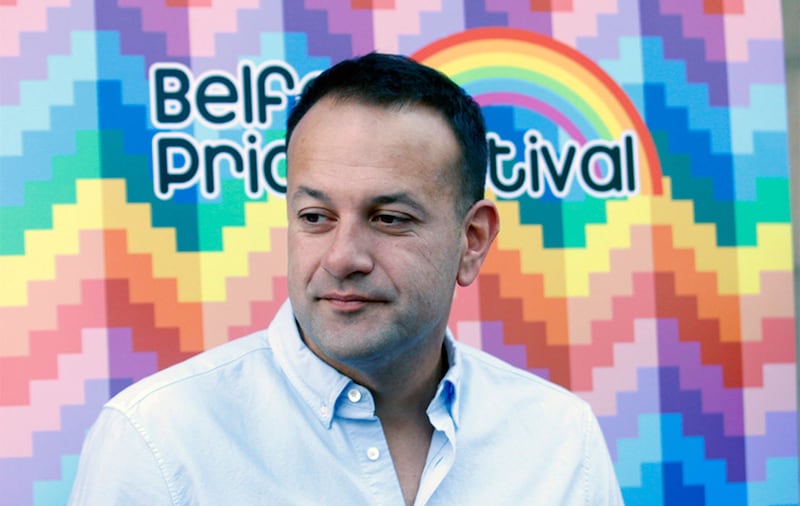
The repeal of the eighth amendment, leading to the availability in the south of abortions for up to 12 weeks of pregnancy, is regarded as a huge step in the modernisation and secularisation of the Republic, and while it would be a complete misrepresentation to solely credit the taoiseach for delivering this seismic change, the former junior doctor and qualified GP has not shied away from his responsibilities as a leader in fully backing policy liberalisation.
It was ahead of the Republic's 2015 referendum on equal marriage that the then minister for health 'came out' during an interview with RTÉ Radio. Notably, less than 25 years earlier, homosexuality in the Republic was illegal.
It was nearly two years later that the Dublin West TD became Fine Gael leader and the youngest-ever taoiseach at the age of 38.
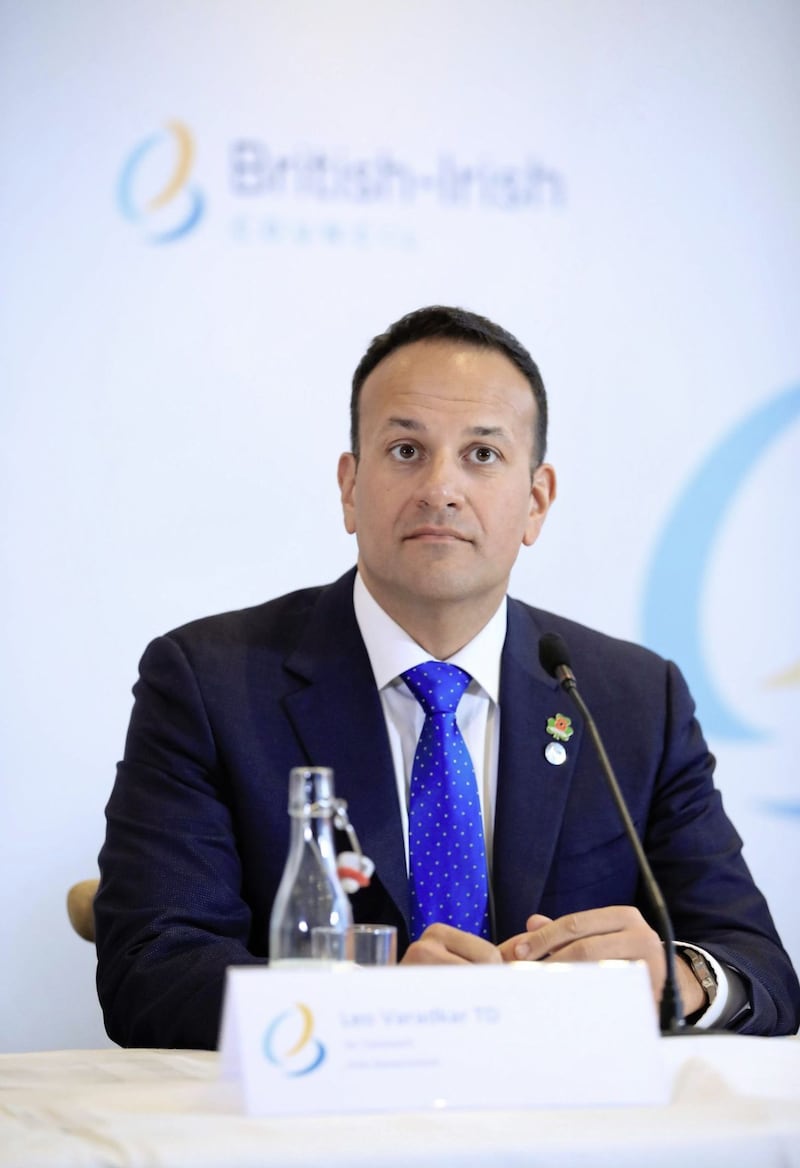
His rival for the top job was Simon Coveney, who had a better political pedigree and more backing from the party's grass roots.
However, Mr Varadkar's greater support among parliamentarians saw him victorious in an at times combative campaign which many observers believed would toxify their future relationship.
But in the time since, the taoiseach and tánaiste have become a strong pairing, standing literally and figuratively shoulder to shoulder as they present a united front on a raft of issues.
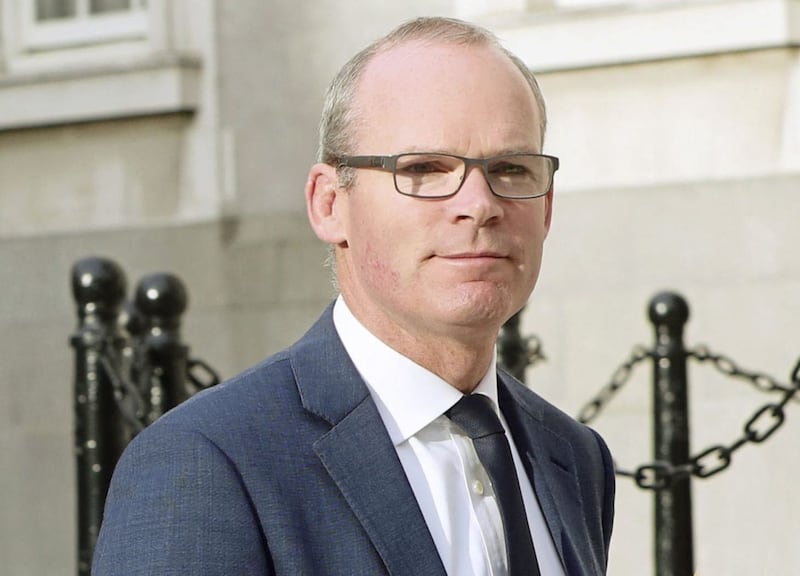
Their government's key preoccupation, Brexit, has demanded plenty of attention, though how successfully they have have dealt with this massive challenge depends on your perspective.
Successive Dublin governments have been accused of disengaging with the north in the time since devolution was restored in 2007 under the terms of the St Andrews agreement.
This is certainly something that could be levelled with justification at Mr Kenny. His successor, however, has been much more visible north of the border, attending Belfast's Pride event soon after becoming taoiseach and at times taking an active role in efforts to restore the Stormont institutions.
Mr Varadkar has also reached out to the Orange Order, with a visit last year to its Belfast headquarters, which was quickly followed by a trip across the city to launch the 30th Féile an Phobail, before he dashed into town for a drink in the 'gay quarter'.
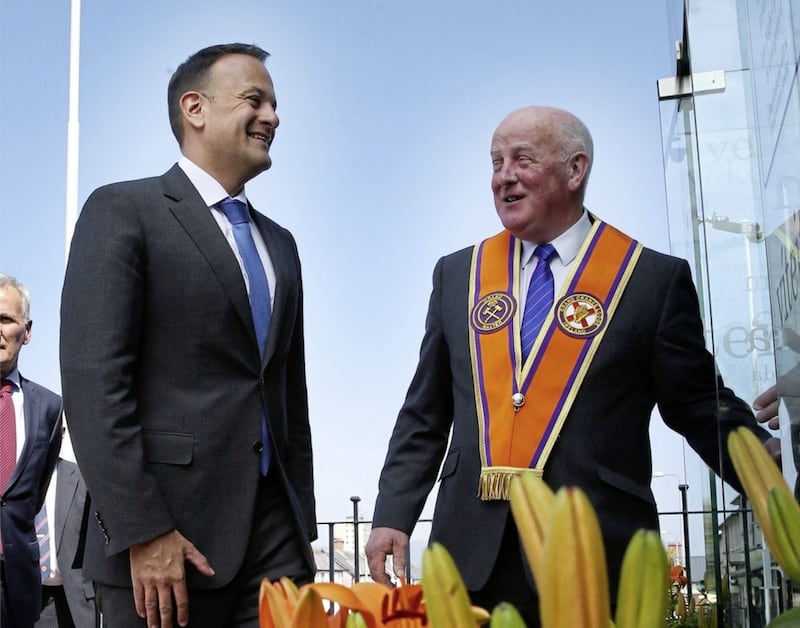
In recent months the taoiseach has been less conspicuous in the north. Arguably, this corresponds with an intensification of the debate around Brexit and the backstop, coupled with growing criticism from unionists about Dublin's role in the process.
Uncharacteristic for a Fine Gael leader, Mr Varadkar has been hailed as something of a hero by nationalists, putting the rights of Irish citizens to the fore in the Brexit negotiations and standing four square behind the backstop, which is designed to ensure no hard border.
Contrastingly, however, unionists have been critical of the taoiseach, from Sammy Wilson's puerile jibes to former Ulster Unionist leader's Sir Reg Empey's more articulate claims that Dublin has been "over reaching" and failing to work cooperatively with the British government on Brexit.
A taoiseach matching Mr Varadkar's profile would have been unthinkable even a quarter of a century ago, and that so little is made of his sexuality and ethnic background is a testimony to how far the Republic has come in recent decades.
His politics may not be to everybody's tastes but his performance as a statesman, coupled with his youthful, 21st perspective, ensure he will likely go down in history as one of Ireland's more memorable and laudable premiers.
